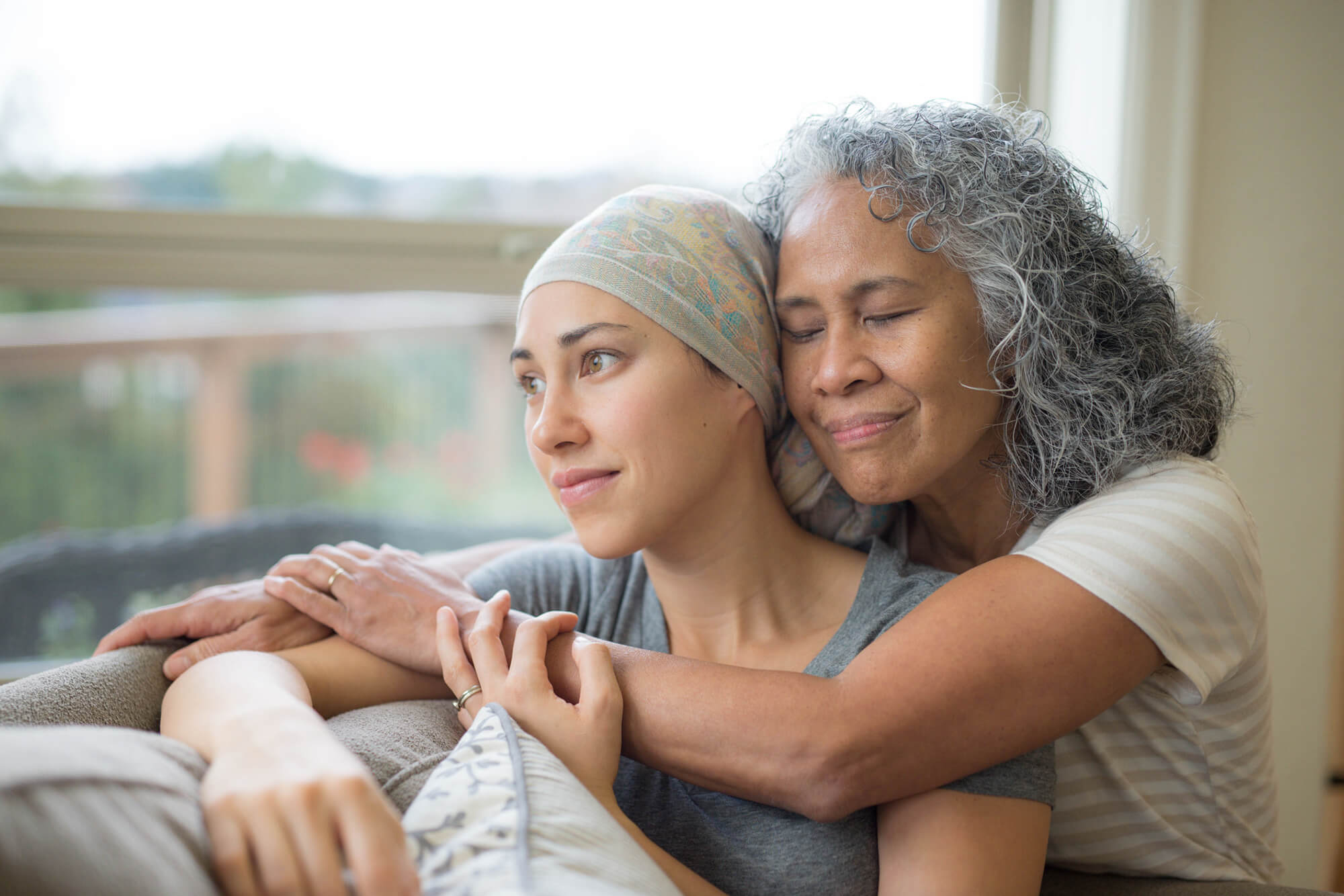A cancer diagnosis can signal a prescriptive shift from that which is known and normal to a new reality. An unfamiliar network of doctors and healthcare professionals and an unforgiving schedule of appointments, scans, and treatments becomes a new normal. Cancer can feel irreducible and all-encompassing, requiring the full attention, support, and mobilization of support networks surrounding the person with the cancer diagnosis. Social support can, and often does, emerge as a means of coping with the everyday challenges of a cancer diagnosis; mediating against the logistical, emotional, and physical burdens associated with cancer.
The need for support varies with the physical impact of an illness (ie, symptoms, treatment, and adverse effects) and support offered should take into account the patient’s illness context, involve open communication, and work to provide instrumental or emotional support that appropriately matches the patient’s needs.1 As patients navigate through the cancer experience, the restructuring of relationships can have implications on coping and self-management during diagnosis and treatment, which may consecutively change the ways that patients access and participate in health-promoting activities and contextualize and integrate cancer into their lives and identities.2
Relationships with friends and family can be strengthened, or alternately, prove to be less helpful than anticipated. Existing networks may not always be prepared to offer emotional or logistical assistance at each stage. People living with cancer may feel alienated from previous support systems whose members do not understand the cancer experience. Feelings of isolation can arise if friends and family shy away from conversations and interactions due to the stigma of cancer and fear of adverse outcomes.3 This isolation can also be due to misunderstandings about or fear of cancer, discomfort in starting conversations and maintaining communication, or the intense emotional nature of lending certain kinds of support. People living with cancer may have difficulty finding others who “get it” and fit into needed support roles. Friends and family, though often well-intentioned, may say things that reflect that they don’t understand the reality of the situation. They may also perceive themselves as protecting the person with cancer by not engaging in difficult conversations, all of which can magnify the physical and emotional losses for those living with cancer.
Match Support to Needs
The need for social support after a diagnosis should be individualized and can manifest differently depending on a variety of illness factors. Socioeconomic dimensions, cultural contexts, and a person’s social and emotional strengths should be taken into account. Having this knowledge allows healthcare professionals to trace the different ways that people seek support and assess what resources may be most useful to them. Social support can take many forms for people with cancer. A few examples are check-in call, an online fundraiser, a trip to treatment, delivery of groceries or meals, or a hospital visit.
Social support, when present and able to adapt to the challenges of cancer, can provide constancy, engagement, positivity, and hope. Though varied in nature, having a community of support can offset some of the secondary stress of planning and logistics, allowing patients to focus their energy on treatment and coping. Having social support after a cancer diagnosis is linked to decreased experience of psychological symptoms and higher measures of well-being, while also functioning as a protective factor against adverse health outcomes and mortality.4 A support network can also be instrumental in enhancing the quality of life for people living with cancer, by influencing mood, sense of self, and identity.4
